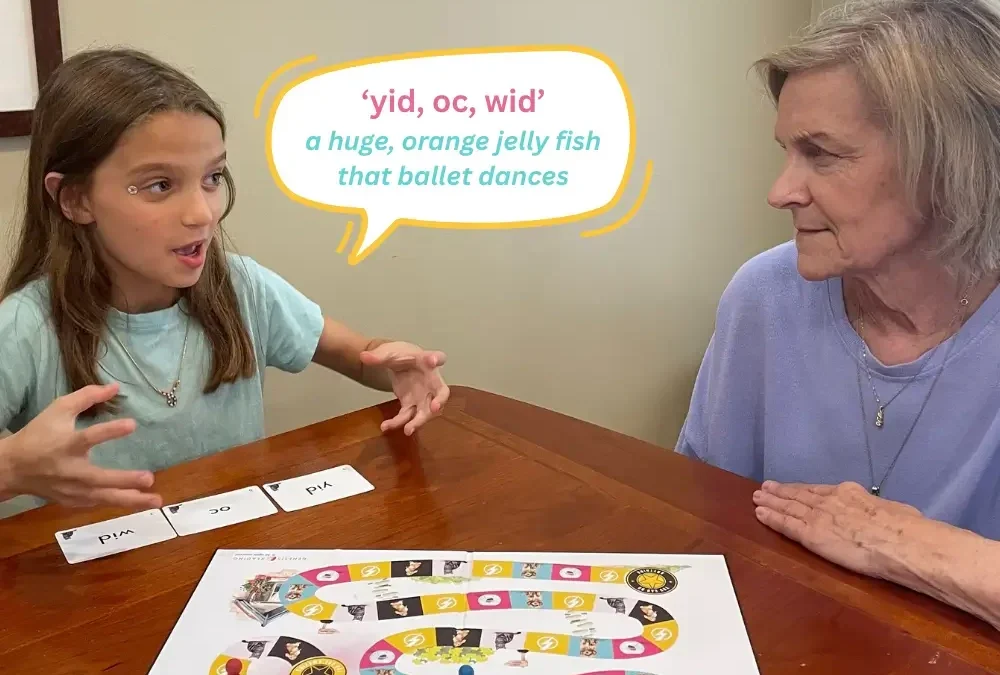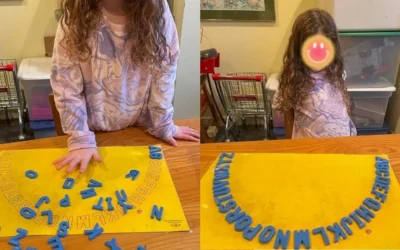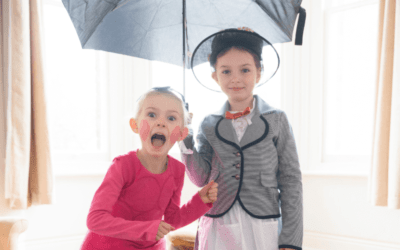Turn your table into a launchpad for creativity, connection, and critical thinking—while building essential reading skills.
Summer Is for More Than Just Sunshine
As a homeschool parent or caregiver of a struggling reader, you know learning doesn’t stop when the school year ends. But summer offers something special: freedom to explore, relax—and reconnect.
What if you could also use this time to build your child’s confidence and reading skills with a reading game that feels like fun, not school?
You can. Whether your child is reluctant to pick up a book or bursting with imagination, you can turn your kitchen table into the launchpad for literacy—with a reading game built for joyful, brain-based learning.
Why the Summer Slide Matters
The summer slide is real—especially in literacy. Without consistent reading practice, many kids lose hard-won progress in just a few weeks. And for struggling readers, that can mean starting the new school year even further behind.
But literacy growth doesn’t have to come from worksheets or battle-of-wills reading logs. A reading game can build key skills like decoding, fluency, and comprehension—right alongside creativity and connection.
What Real Literacy Looks Like
Reading is just one part of literacy. The ultimate goal is to help children:
- Listen actively
- Speak clearly
- Read fluently
- Write thoughtfully
- Think critically and creatively
We want kids to express their ideas, solve problems, and understand the world—whether through a book, a conversation, or a wild, made-up tale that begins with a wizard in a hot air balloon.
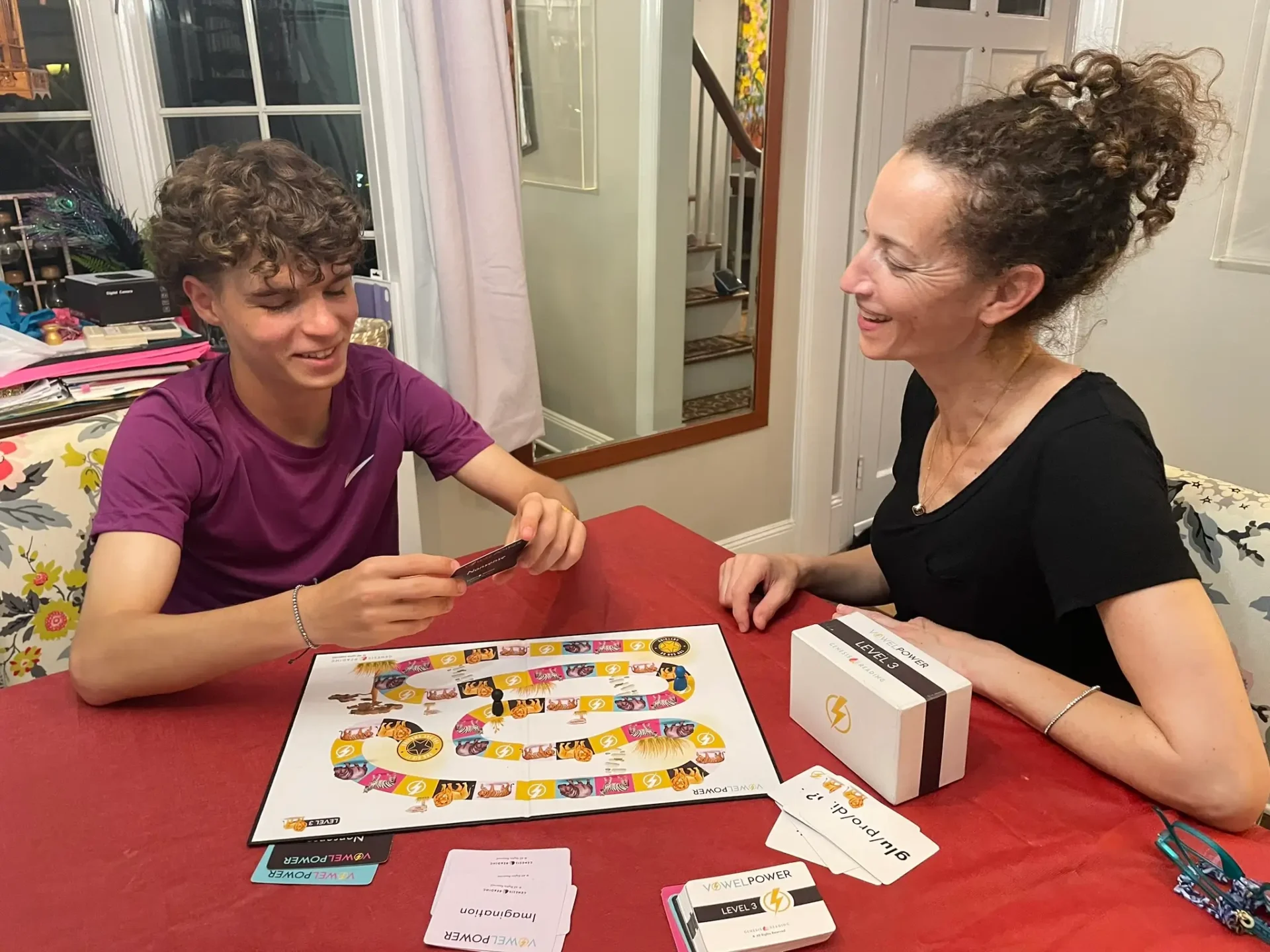
“Creativity is the key for any child with dyslexia, or for anyone for that matter. Then you can think outside of the box. Teach them anything is attainable.”
— Orlando Bloom
A Reading Game That Builds Confidence and Connection
That’s why we created this reading game—a family storytelling adventure grounded in the Science of Reading. It strengthens phonemic awareness, vocabulary, syntax, and oral expression—all while your child is laughing and learning alongside you.
How to Play
Play with Purpose
Look at your cards and imagine how they could link together in a story. Each card represents a character, action, emotion, or setting—building story structure naturally.
Race to the Finish
Move across the board. Whoever finishes first gets to begin the story.
Join the Story
Each player draws one final card. Everyone gets the same number of cards, ensuring a balanced and engaging story for all.
Build It Together
Take turns adding to the tale. Be silly, spooky, dramatic—just make sure it connects! This builds sequencing, expression, and listening skills.
Tally Your Points
When the story ends, add up your card points. You don’t need to win the race to win the game.
Why This Reading Game Works
Unlike traditional literacy drills, this reading game integrates foundational skills through joyful play. Your child will:
- Practice decoding and reading fluency
- Build vocabulary and sentence structure
- Strengthen verbal reasoning and oral storytelling
- Think creatively and critically
Feel empowered and seen as a communicator
“As a reading specialist, I’ve used the VOWEL POWA(R)™ series with students across diverse learning needs, and I’m incredibly impressed with the results. These games are more than just fun—they’re a powerful tool for helping all readers master critical literacy skills.”
— Maria H., M.A., M.Ed., Ed.D.
Sample Stories from Real Play
Story 1 – Subordinating Conjunctions
A chill day at the lake turns wild when a swim noodle, a magical jade stone, and a mysterious chant (“Frute! Frite! Frape!”) transform a drowning scare into a jungle adventure—and crown a student as King of the Bugs (minus the bugs).
Story 2 – FANBOYS & Subordinating Conjunctions
In a temple overrun by the scent of a misplaced cupcake, a brave dragon rises from Atlantis to save the day. He battles scent imbalances and shifting earth to restore harmony—and the temple’s original delicious aroma.
Why I Created This Reading Game
When my son—and later, my daughter—were diagnosed with dyslexia, I felt overwhelmed and lost. I knew they were bright, but they were falling further behind. Traditional methods weren’t working.
That led me to years of study, training, and ultimately, becoming a Certified Academic Language Therapist. Along the way, I discovered how powerful play-based, brain-based tools could be—especially for dyslexic and neurodiverse learners.
I created this reading game to blend structured literacy with joy. Because when we teach with connection and curiosity, kids thrive.
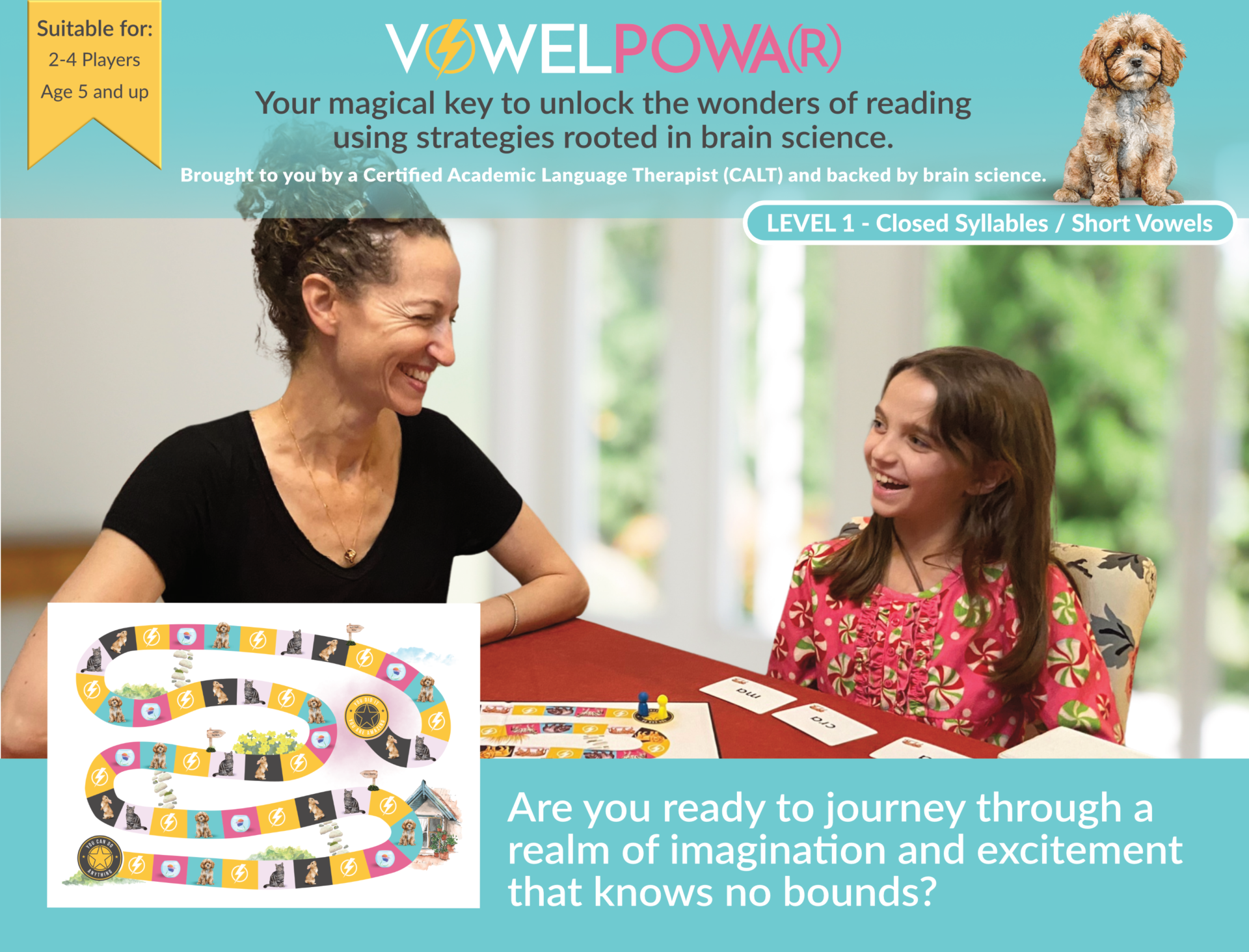
This Summer, Make It Count!
This reading game isn’t just about literacy—it’s about legacy. It’s about turning frustration into laughter, confusion into confidence, and ordinary summer days into unforgettable learning moments.
You might even discover a future author sitting at your table.
Thank you for helping us make a difference, one game—and one reader—at a time.
If you’re interested in learning more about how I can help your child, please email support@genesisreading.com. I work with students both online and in person, and I’m here to support you every step of the way.

Discover more articles like this | Explore educational games to support learners and homeschooling.

